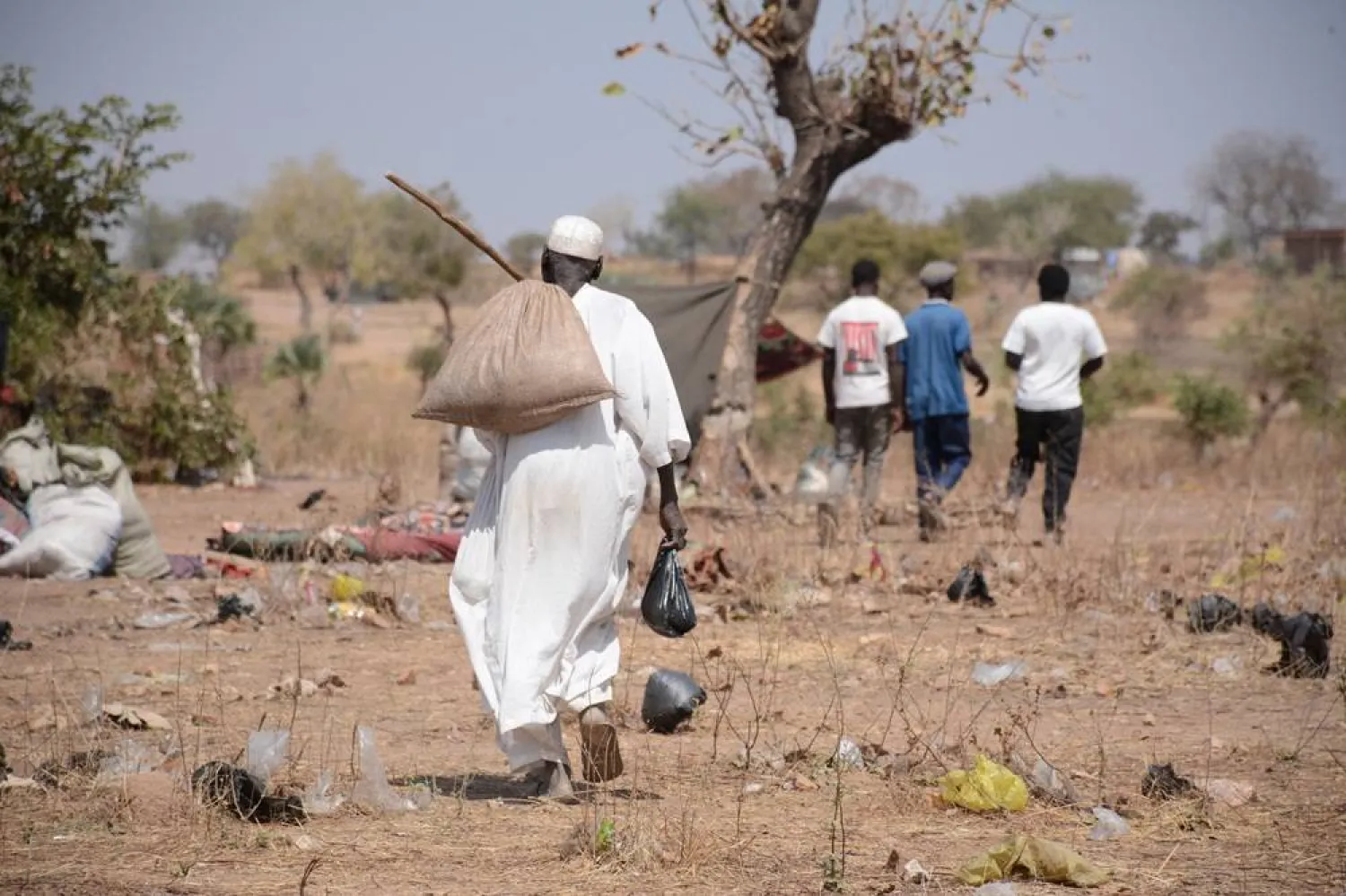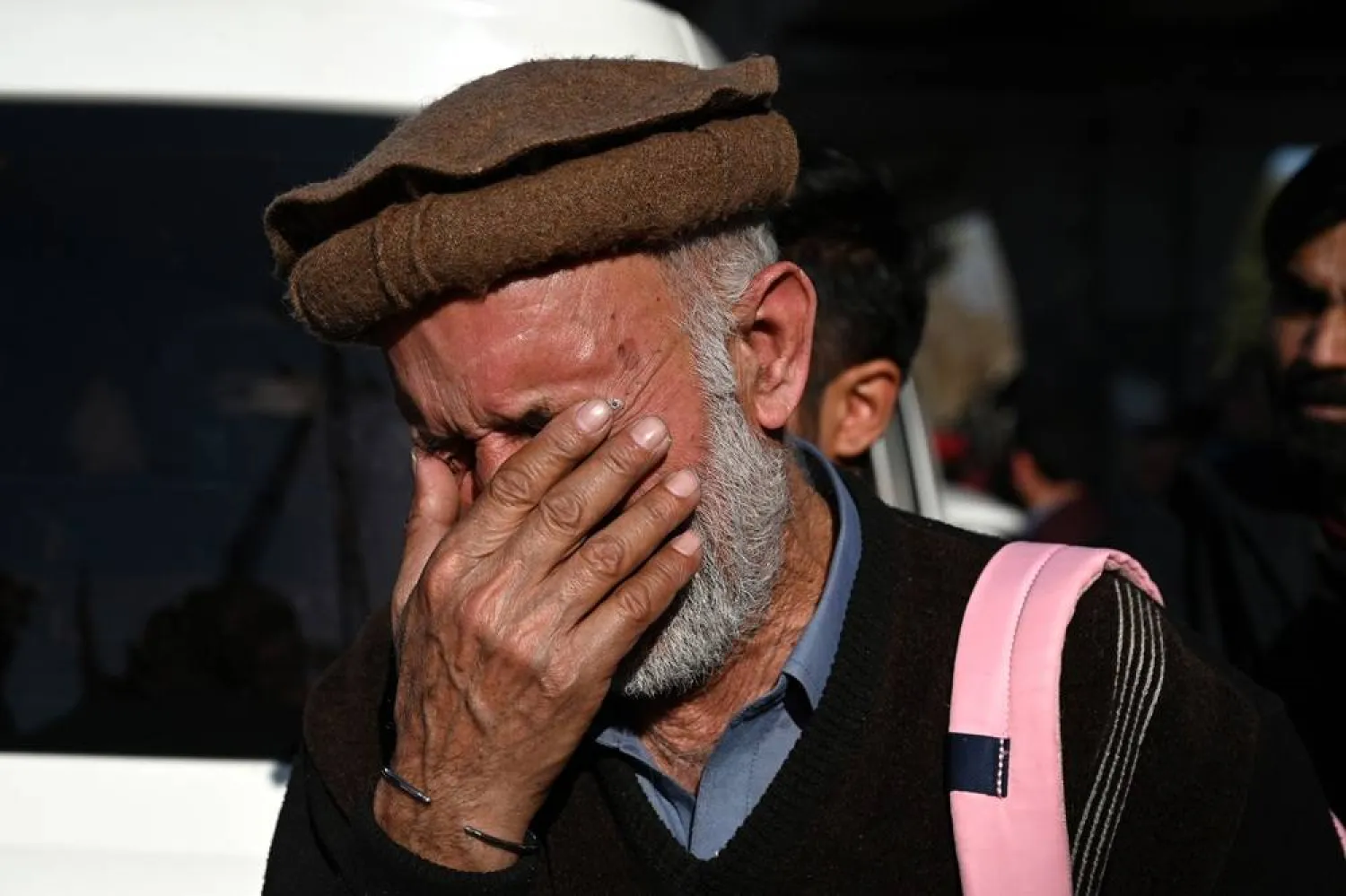Kuwait and the Philippines folded on Friday the page of their tensed relationship by signing an agreement to regulate the situation of thousands of overseas Filipino workers (OFW) in the Gulf state.
In a joint press conference with Philippines Foreign Affairs Secretary Alan Cayetano, Kuwait’s Foreign Minister Sheikh Sabah Al-Khalid Al-Hamad Al-Sabah said the two countries have signed an agreement on employing household helpers, demonstrating eagerness to overcome the consequences of the recent “exceptional circumstances” in bilateral ties.
A crisis between the two countries escalated last April after Kuwait Ambassador Musaed Saleh Ahmad Al-Thwaikh was recalled from Manila in a growing diplomatic dispute over Filipino domestic workers.
In February Philippine President Rodrigo Duterte imposed a partial ban on workers travelling to Kuwait after the murder of a Filipina maid Joanna Demafelis, whose body was found in a freezer in an abandoned apartment in Kuwait.
Friday’s agreement, which gives a number of rights to Filipino domestic workers, does not immediately freeze the ban on workers travelling to the Gulf state. The ban needs to be signed by the Philippines’ President.
On Friday, the Kuwaiti minister said the two sides agreed on the “necessity of the presence of two ambassadors in the capital of each country.
Cayetano revealed that his country would soon name a new ambassador to Kuwait, saying that many problems were caused by poor contact and misunderstanding. “However, the strength of historical bilateral ties will overcome this,” he added.
He said he would also advise Duterte to "immediately" lift the ban.
About 262,000 Filipinos work in Kuwait, 60 percent of them as domestic workers, according to the Foreign Ministry in Manila. More than 2 million Filipinos work in the Gulf States.
On the eve of signing the agreement, a Filipino official in Kuwait said, “I think the crisis between the two countries is over. We will move on with the bilateral relations and we will resume normal ties.”
Listing some new rights offered to Filipino workers under the new agreement, the official said workers would be allowed to keep their telephones and take a day off per week. The agreement also allows workers to keep their passports, often confiscated by employers.









